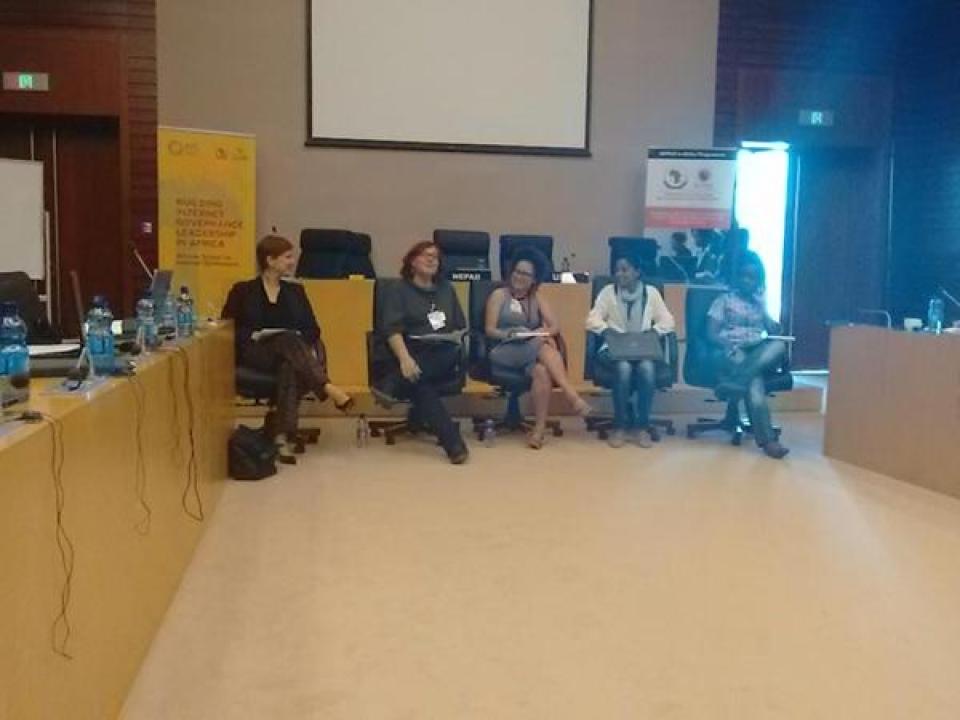
When it comes to decision making, policies and advocacy, in most cases women are usually left behind especially in relation to information and communications technologies (ICT).
I must say that I am pleased with the representation of women at the African Internet Governance Forum and before I continue I must commend the Association for Progressive Communications (APC) and the New Partnership for Africa’s Development (NEPAD) for making this possible and continuing to give young women and youth opportunities for participating in such forums.
The gender and internet governance exchange (gigX) has been a wonderful experience, especially learning how to strategise and bring forth women’s issues into internet governance policies.
The feminist principles of the internet are key points to help push forward the issues of women into the agenda especially attaining to gender equality and freedom of speech and expression.
How then does the African Internet Governance Forum relate to women rights? It has become such a cliché that women rights are always an after thought. Only after policies are made do women’s rights movements show up to ensure that they hold a space in the proposed policies.
Times are changing fast and if you are not at the table then you’ll be on the menu. This phrase was frequently used in the different discussions had during the African School on Internet Governance (AfriSIG) workshops.
Getting more youth and women involved in policy making especially in relation to internet rights and freedoms is very important. Africa being young in internet policies and without much content online calls for more participation by women and youth to claim their place on the internet so that they can govern how it’s used.
One important thing is that “he who knows why is always at the mercy of he who knows how” and this is one of the issues hindering Africa’s full participation in internet governance.
So how then do we use this lacking need to push for women’s issues on the agenda of internet governance?
More women based content need to be curated and documented on the internet. Women need to use the internet to voice their successes, triumphs, failures and sadness because this is the only way women can create their own safe space and hold a share of internet governance.
One of the main issues affecting women was freedom of expression and cybersecurity .The two are intertwined together and they affect how women use the internet. Cybersecurity affects women self-expression on the internet given that trolling and hacking affects women more than men on the internet especially in relation to women bodies.
Which begs the question of who sets the rules of what should and should not be done on the internet in relation to self-expression? This is why it’s very important for women to be at the table and voice their opinions on how the internet is governed especially in Africa before it becomes yet another issue of gender imbalance of women representation on the internet.
Editor’s note: The original title of this blog post was changed after publication due to repetition with a previous title from 2012.
- 5583 views





Add new comment